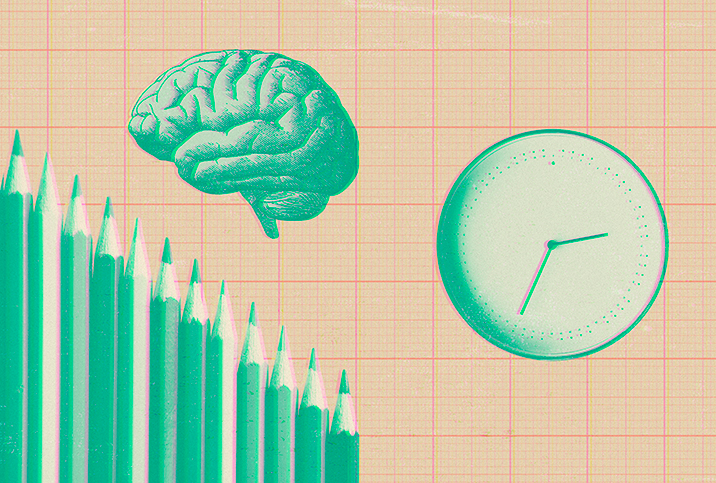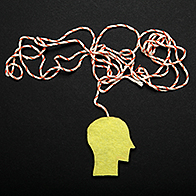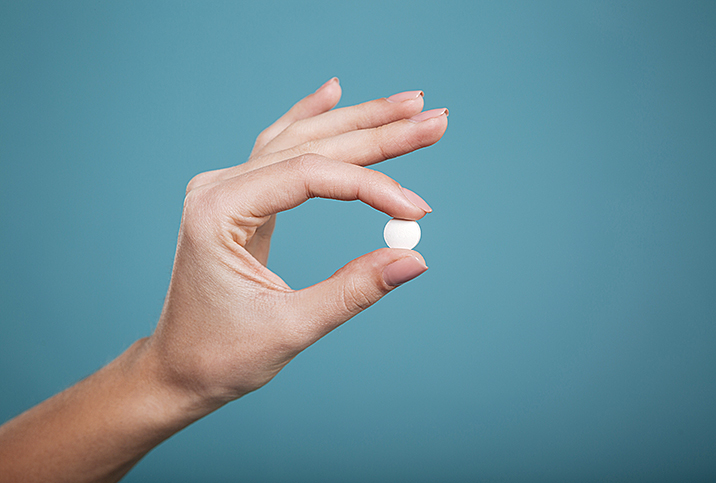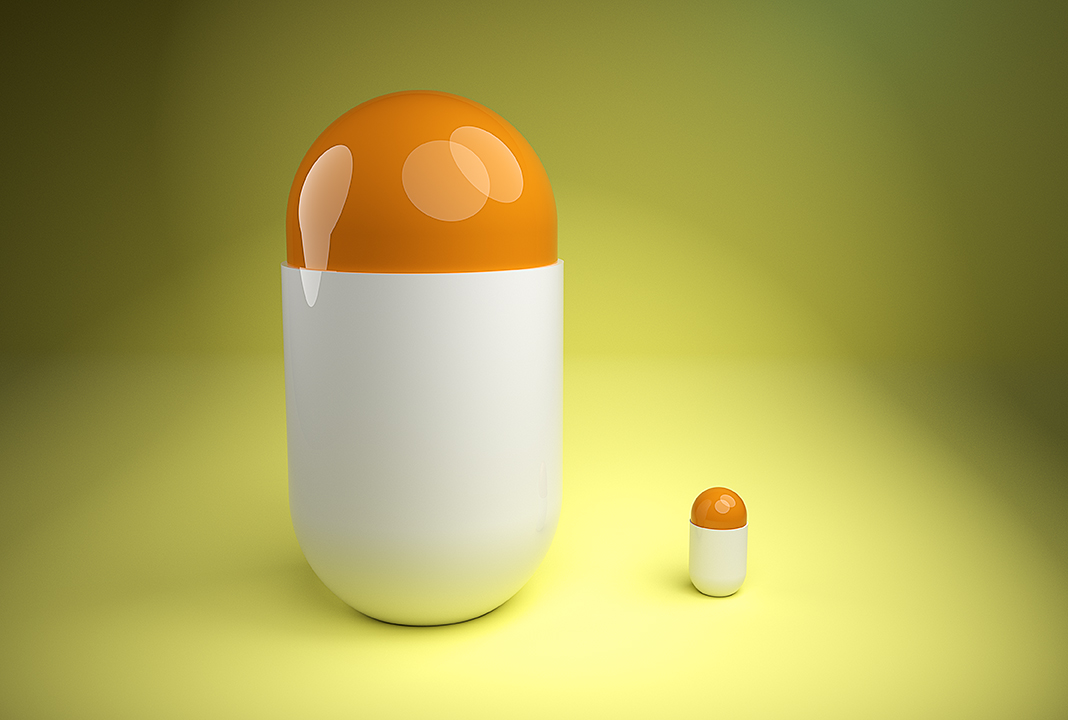The Mechanism of ADHD-Induced 'Analysis Paralysis'

Making a big decision can be daunting for anyone, but for people with attention-deficit/hyperactivity disorder (ADHD), making even small, seemingly inconsequential decisions can feel like a huge challenge.
This is a phenomenon referred to as "analysis paralysis." It most often happens when someone is so overwhelmed by the thoughts in their head—all of the what-if options and scenarios—that they feel paralyzed to translate their thoughts into actions.
Seems like minutes, but it's been hours
According to experts, this is a common symptom. Attention-deficit/hyperactivity disorder is a chronic condition that makes it difficult to sustain attention and can sometimes lead to hyperactivity and impulsive behavior. The symptoms first manifest during childhood and often lessen with age, though many people struggle with their symptoms well into adulthood.
R. Derek Brugman, a pediatric doctor and ADHD specialist at Carolina Attention Specialists in North Carolina, said he often encounters parents who are surprised to learn their child has attention-deficit/hyperactivity disorder because of their child's ability to intensely focus on certain tasks.
"And it's very true: People with ADHD can hyperfocus," Brugman explained. "At the same time, people with ADHD have no time perception or very poor time perception. So you're focusing on something you're interested in or maybe you're sitting there with your thoughts going a mile a minute and you're feeling stressed out. In your head, it's been five minutes, but it may actually have been two or three hours. So when you're looking out the window, thinking about the things you need to do or thinking through each thought that pops into your head, well, then you look back at the clock and an hour or more has passed and you've done nothing but look out the window. That's often the kind of thing people refer to as analysis paralysis."
Making decisions with ADHD
ADHD affects the part of the brain responsible for executive functioning.
According to the Harvard University Center on the Developing Child, executive functions are the cognitive processes which enable you to plan, focus your attention and remember new information, such as instructions and multitasking. In a person without ADHD, the part of the brain responsible for executive functioning helps filter distractions, prioritizes your attention on tasks at hand, controls your impulses and enables you to set and meet goals.
"If there's not enough dopamine activating that part of the brain, then you get the symptoms of ADHD," Brugman noted. "You can compensate a little bit if you're very organized and you always put things away and put them in the right place. Typically, people with ADHD often experience situations like putting something down and then having no idea where they just put it. So they learn to put their keys in the same place every day because, otherwise, they'll never find them. You can learn coping mechanisms that can help in addition to medication if that's needed."
Perry Roy, a board-certified internal medicine and pediatrics doctor who specializes in diagnosing and treating ADHD at Carolina Attention Specialists, said there are three main types of ADHD: inattentive type, hyperactive/impulsive type and combined type.
"We have what we call the 18 core symptoms of ADHD," Roy said. "There are nine inattentive symptoms and then the nine hyperactive/impulsive symptoms. But ADHD is much more complex than that. I like to think about what we would call the functional symptoms of ADHD, like difficulties with reading comprehension, difficulty with handwriting, and poor academic performance and trouble with job failure."
Roy explained that attention-deficit/hyperactivity disorder commonly co-occurs with mental health issues such as anxiety, depression and substance abuse.
According to experts, undiagnosed ADHD can negatively impact quality of life and affect an individual's ability to maintain healthy relationships. These issues can bleed into the bedroom, too. Even when attention-deficit/hyperactivity disorder is treated, the symptoms of the disorder can cause erratic sex drive and make it harder to focus and be mentally present during intimacy. Fortunately, strategic adaptations can help you overcome these issues.
Treating your symptoms
Stimulant medications designed to balance brain chemicals to improve inattentiveness and hyperactivity are the primary treatment for ADHD, according to Mayo Clinic. Medication is sometimes used in combination with behavior therapy or counseling to educate individuals about their condition and help them develop strategies to cope with symptoms in daily life.
Brugman said that for individuals who are diagnosed with ADHD early in life, medication often provides the path they need to become aware of how their brain works and gives them a chance to develop coping mechanisms that allow them to eventually stop taking the medicine. However, some people may still need medication long term to combat their symptoms—and that's OK.
"On medicine, I usually say those issues of analysis paralysis—like getting stuck looking out a window because you're overwhelmed by all your thoughts—doesn't change per se, but it helps you become more perceptive," Brugman said. "You still might get distracted, but you're aware that you're distracted and then you have to make the decision to come back and refocus. It helps with awareness, but the individual still has to put the effort in to do the things they want to do. I think medicine is opening a door, but the individual has to walk through that door."
For people who hope to address analysis paralysis and other ADHD symptoms without medication, consciously developing coping mechanisms and using alternative treatment can help in some cases.
"Someone taking a supplement of omega-3 fatty acid of 1,000 milligrams a day over three months will have noticeable improvements in ADHD symptoms and working memory," Brugman said. "Sometimes that's not enough. And so you might still need medicine. Other things that can naturally provide significant improvements are having good nutrition and regular exercise."




















